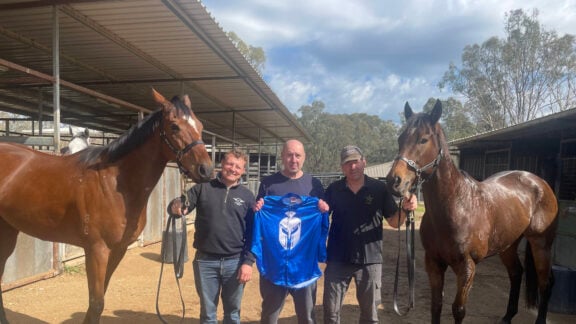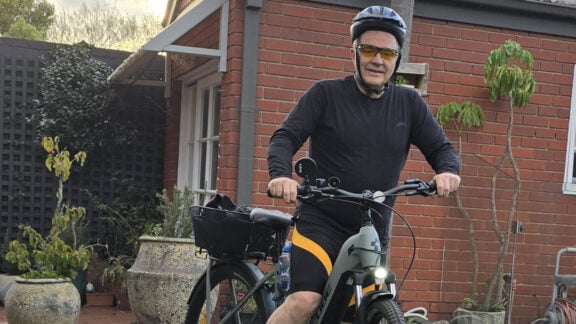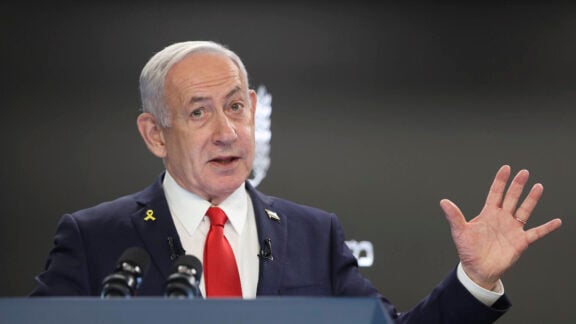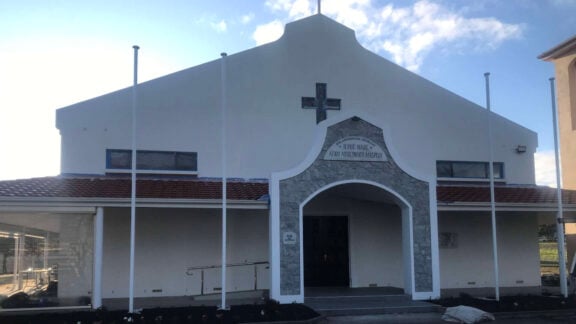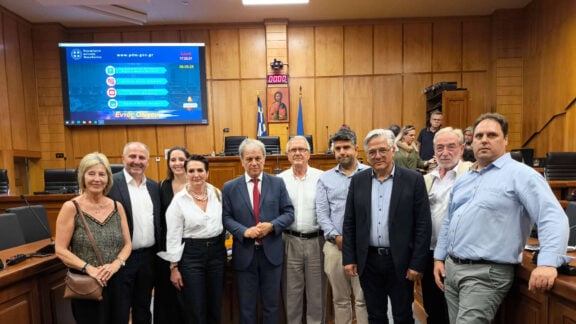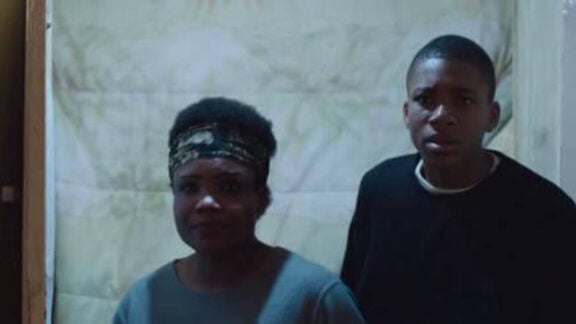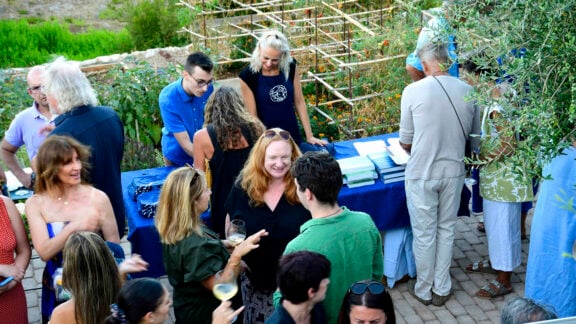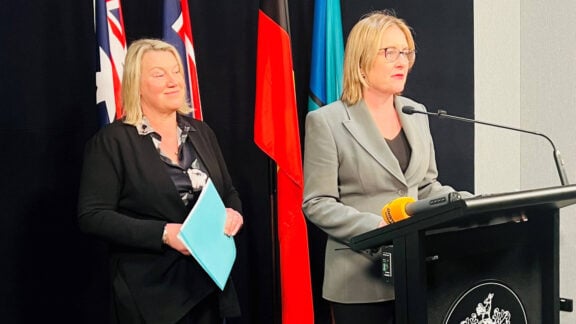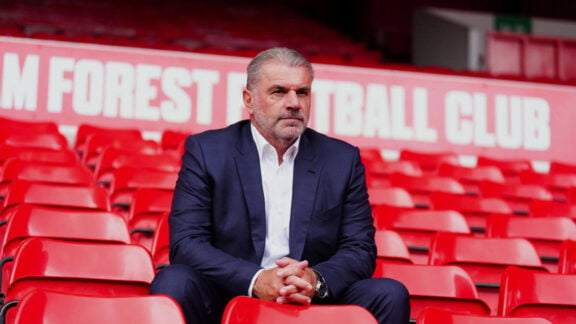The prime minister’s address to Garma Festival in Arnhem Land on Saturday was met with a standing ovation from the crowd.
Anthony Albanese unveiled the wording of a draft referendum question as part of moves to enshrine an Indigenous representation in parliament – the Voice to Parliament.
He said the previous night’s Bungul as a “deeply moving moment” and that it was an “honour to bear witness to dance and song and story and tradition tracing back some 60,000 years.”
“As the breeze came across me, your ancestors’ presence in these lands and waters makes real your 60,000 years and more, custodianship of this land.”
The PM said he was grateful for the chance to meet, again, with Gallarwuy” and “share in his wisdom, to talk about the opportunities and the challenges in this special part of Australia.”
Albanese, said that he believed “the tide is running” in support for an Indigenous Voice to Parliament. The Australian Constitutional Values Survey in 2021 and the ABC Compass survey in 2022 show up to 73 per cent of Australians agreed that there should be constitutional change to give Indigenous Australians a greater say over their lives
The PM said that he believed the momentum was on the side of those who sought the change.
“I believe the country is ready for this reform. I believe there is room in Australian hearts for the Statement from the Heart.”
He ensured that the message was that change is momentous and “a very simple one.”
“It’s not a matter of special treatment, or preferential power. It’s about consulting Aboriginal and Torres Strait Islander peoples on the decisions that affect you. Nothing more – but nothing less. This is simple courtesy, it is common decency.”
As soon as he finished, Mr Albanese stepped off the stage and shook hands with Yolngu leader Dr Guluwurray Yunupingu, on whose land the prime minister spoke.
Albanese revealed the draft referendum question at the Festival. “Do you support an alteration to the Constitution that establishes an Aboriginal and Torres Strait Islander Voice?”
He called on “all Australians of goodwill to engage on this.”
“Respectfully, purposefully we are seeking to secure support for the question and the associated provisions in time for a successful referendum, in this term of parliament.”
The voice will provide advice and accountability, but is “not a third chamber” in the parliament, Mr Albanese said.
“And I am hopeful, in years to come, when we gather here at Garma, we will be able to measure that success not just by number of people who vote for a Voice, but by the lives the Voice helps to change” Albanese said.
The government needs a referendum to make changes to the constitution, on recognising Indigenous and Torres Strait people and requiring governments to consult Aboriginal people on decisions that impact their lives.
Labor and Albanese took it to May’s election, where it defeated the Liberal-National coalition. The coalition had wanted to establish indigenous representation in parliament through legislation.
The constitution makes no reference to Indigenous Australians who struggled for generations to win recognition of the immeasurable injustices suffered since English colonisation in the 1700s.
Altering the Australian constitution requires support of a majority of votes in most states.
The expectation for a Voice to Parliament for First Nations people – has been thwarted, again and again, to the frustration of Aboriginal and Torres Strait Islander people.
Chatter and rhetoric seem to have been the approach in Canberra over the years.
Malcolm Turnbull was the last prime minister to come to the Garma Festival before Albanese’s arrival on Saturday. He harvested bitter disappointment when he pulled back from the idea and called a Voice to Parliament a “third chamber”.
The moderate Liberal lost heart as the right of his party amassed materiel for the culture wars. The same right that orchestrated his downfall as party leader.
Scott Morrison who took over from Turnbull, looked like he was going to have a change of heart, but no.
His rhetoric softened; but snubbed Garma and First Nations people complained of a tin ear when it came to their voices.
Indigenous Australians worry about the maintenance of their culture, language, and laws. Without a voice, they are concerned that they will continue to go unheard on their own country.
Hellenes know too well the importance of maintaining heritage, language, culture, custom and even the ‘spiritual’ connection to Hellas.
A successful referendum would bring Australia in line with Canada, New Zealand, and the United States in formally recognising indigenous populations.

